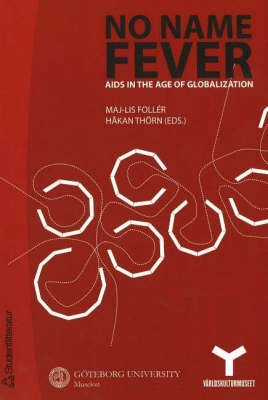

No name fever : AIDS in the age of globalization
- Utgiven: 2005
- ISBN: 9789144036847
- Sidor: 368 st
- Förlag: Studentlitteratur ; Göteborg
- Språk: Engelska
Om boken
Åtkomstkoder och digitalt tilläggsmaterial garanteras inte med begagnade böcker
Mer om No name fever : AIDS in the age of globalization (2005)
2005 släpptes boken No name fever : AIDS in the age of globalization skriven av Maj-Lis Follér, Håkan Thörn, Göteborgs universitet. Museion, Världskulturmuseet, Göteborgs etnografiska museum (tidigare namn), Göteborgs etnografiska museum, Statens museer för världskultur. Den är skriven på engelska och består av 368 sidor. Förlaget bakom boken är Studentlitteratur , Göteborg.
Köp boken No name fever : AIDS in the age of globalization på Studentapan och spara pengar.
Referera till No name fever : AIDS in the age of globalization
Harvard
Oxford
APA
Vancouver



















